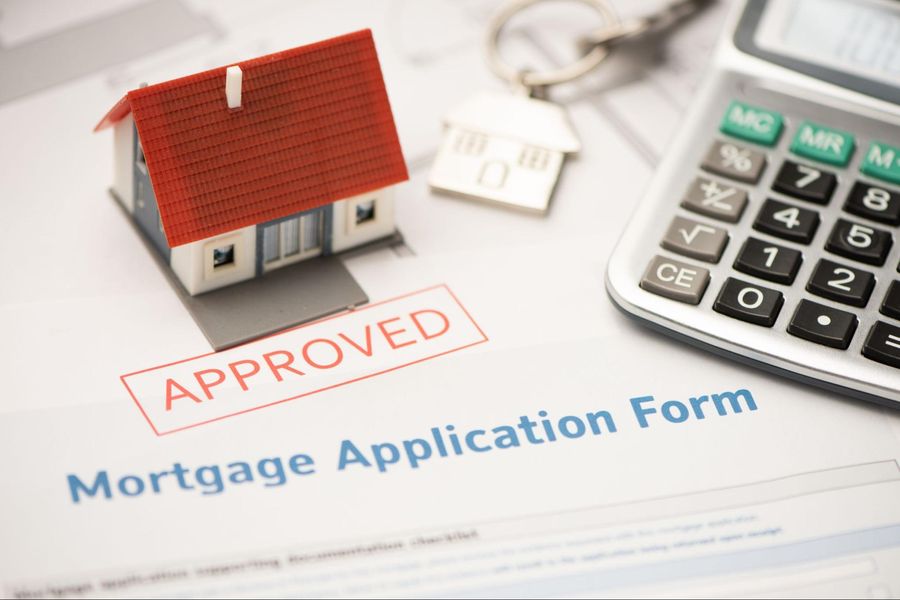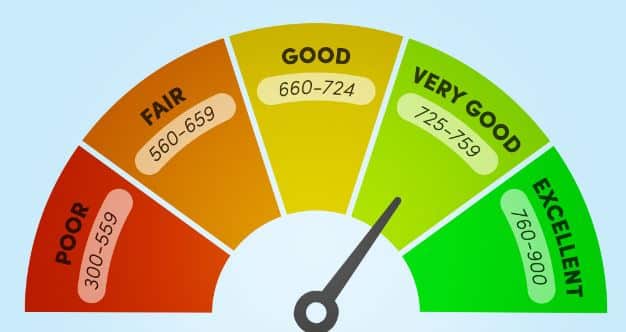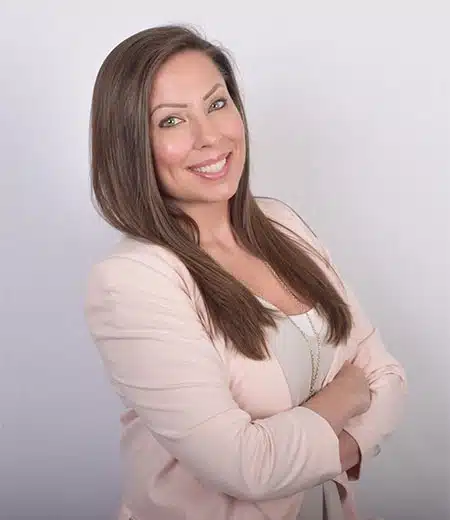
Buy a home now or wait?
As everyone likely knows, interest rates for mortgages have steadily increased over recent months. If you were thinking about buying a home, you may be wondering if you should buy a home now or wait?
Although prices have come down on homes, in other areas, they remain stable or have marginally risen since inventory still remains low.
Depending on your financial situation and personal goals, waiting to buy a home until the new year could be a good strategy – but there is no guarantee that the market will be any more favourable to buy a home then rather than now. While you are on hold, there are some steps that you can take – not only to improve your finances and better your odds are buying the home you truly want.
Here are some things you can do.
Firstly, if you haven’t been priced out of the market you’re hoping to be in, now could still be a good time to find the home you want. You just need to set realistic expectations for yourself and when is truly the best time to buy a home.
With the market for homes changing so rapidly, there is an opportunity for buyers to take advantage of the inventory that is currently available on the market and with potentially less competition. If you’re searching for a new home in a market that is favourable to buyers, that gives you more time/flexibility when it comes to price, conditions etc.
Naturally, the main concern a lot of buyers have right now is interest rates. Although yes, they have gone up exponentially over the past few months, the price of homes has also gone down in most cases. It’s important you take this into consideration when you’re weighing your options. Higher interest rates are likely not here to stay and even though they may be up, it doesn’t mean your overall budget will go up along with it, especially if you’re securing a home at a reduced price (comparatively to a year ago).
The housing market operates in cycles. There are times it is up and other times it is down. This can be due to a range of factors. More recently, mortgage rates and prior to that, the pandemic. Going further back, there was the mortgage stress test, the 2008 recession and much more. Yes, you need to consider all of these extenuating factors, but if getting into a home is important to you, then you need to be smart about your plan. Lock in a rate now and find a home sooner than later to avoid what could cost you more in the long run.
The longer you wait to buy, the higher the chance could be that you miss out on a home in your desired neighbourhood or the specific style you want. This said, run the numbers and see what makes sense. It could very well mean that you are better to wait and can leverage this time to save up a bigger down payment and get better rates a year or eighteen months down the road.
Before you do anything, you should speak to a lender (or two).

Credit – Ride Time
FINANCING
Even if you’re not ready to buy just yet, speak to the bank or a mortgage broker. The reality is, a lot of buyers wait and think they know how much they may qualify for then they’re surprised to find out later what they really qualified for.
It’s important to discuss these issues with a reputable lender or institution to understand your financial position. This will ultimately give you better footing as a buyer and as a conscious consumer.
When you go to the bank or to a broker, they will review your full financial picture – not only as it stands now – but also where it’s projected to go. This gives you options and a plan you can use to execute. They may even give you creative ways to find sources to top up your down payment, whether it’s from family, loans or even a withdrawal from a retirement savings account. This could not only help you raise your credit score but also reduce your loan to debt ratio.
If nothing else, a broker will help you to understand all of the steps that you’ll need to take in order to qualify for a mortgage, then determine how much you need to save to get into one.

Credit – Canadian Real Estate Wealth
MORTGAGE OPTIONS
While you’re working with the bank or a broker, you can explore the different kinds of mortgage products you could be eligible for. Each may have different qualification requirements, with some permitting less money down on an insured mortgage, or even no money at all. Others may allow you to be approved with a lower credit score. All of this information will help you plan and save accordingly. The main thing is giving you a clear idea of what you’re working towards.

SAVINGS
If you’re considering buying a home, chances are, you have at least some money saved. Ideally, the more money you can save to put down, then the more flexibility that the lender has to work with you on other areas of the application process. The general rule of thumb is 20% down to avoid paying costly CMHC insurance and to obtain the best possible loan offers. Yes, you can qualify with less, but will end up paying other fees, not to mention a much higher monthly mortgage payment.

DEBT
Even if you have a solid downpayment saved, if you have existing debt, it’s in your best interest to pay down and/or eliminate any debt that you have. This could range from balances on your credit cards to student/automotive loans. Start by paying off any debt that has the highest interest rate. Unfortunately, even low debt can still create issues for your debt to income ratio. You just need to make sure it doesn’t interfere with the cash you require to close with along with your down payment. Paying down/paying off debt will improve your credit which could ultimately score you a better interest rate.

Credit – Canada Drives
CREDIT SCORE
It’s important to full understand what kind of credit score requirements each mortgage product may require. Talk to your bank or broker about where your credit score currently sits and if you need to improve it at all to qualify for what you need.
If you do find yourself in a position that you have to improve your credit score, you can:
- Take a closer look at the reports and see if there are any errors or inaccuracies. I remember when I was applying for a loan, I found something attached to my credit score in error simply because the person used the same business name I was using. They didn’t have my own personal name or live where I lived, but it was still attached to my credit. I was able to clear that up to improve my credit score.
- Make sure you’re paying your bills on time or early every month. One thing I do to make sure I’m never late is scheduling payments the day before their due date everything time a bill comes in. Then I save a copy of the scheduled payment and update it in a simple spreadsheet to keep track.
- Try to strive for a better debt to income ration. This will mean that your outstanding balances are never more than 30% of your total credit limit.
- Although it may seem counter intuitive, don’t start closing old or existing credit accounts. And in addition, don’t start applying for anything new. That can create issues for your qualification for a mortgage. You definitely don’t want to take on any new loans like a car. Just try to wait until after you’re new home has been purchased and closed. Even a new line of credit with a $0 balance can hurt your credit score.
So what’s next?
A lot of people seem to think as a REALTOR®, we can see into the future. Of course, we don’t, but we would expect that rates should level out and taper off. More than likely, we could see rates at the end of the year sitting around 5%+/-. We may also see bidding wars moderating along with more inventory coming to market.
In closing, whether you decide to secure a new house now or go on hiatus for a year, don’t lose sight of your goals of home ownership. Even small steps and actions taken daily can improve your finances. Budgeting will also make the world of difference with your home buying plans. Be proactive and do what’s necessary to make your home ownership dreams come true.
If you’d like to talk through your options in great detail, let’s talk! I can be reached at 647.896.6584, by email at info@serenaholmesrealtor.com or by filling out this simple contact form.
For plenty of other great content, make sure you’re following me on social @serenaholmesrealtor and subscribed to my YouTube channel.



.jpg)









